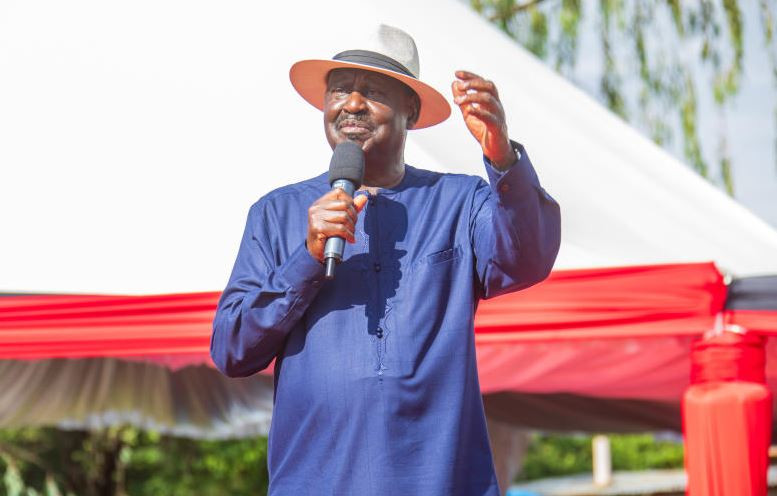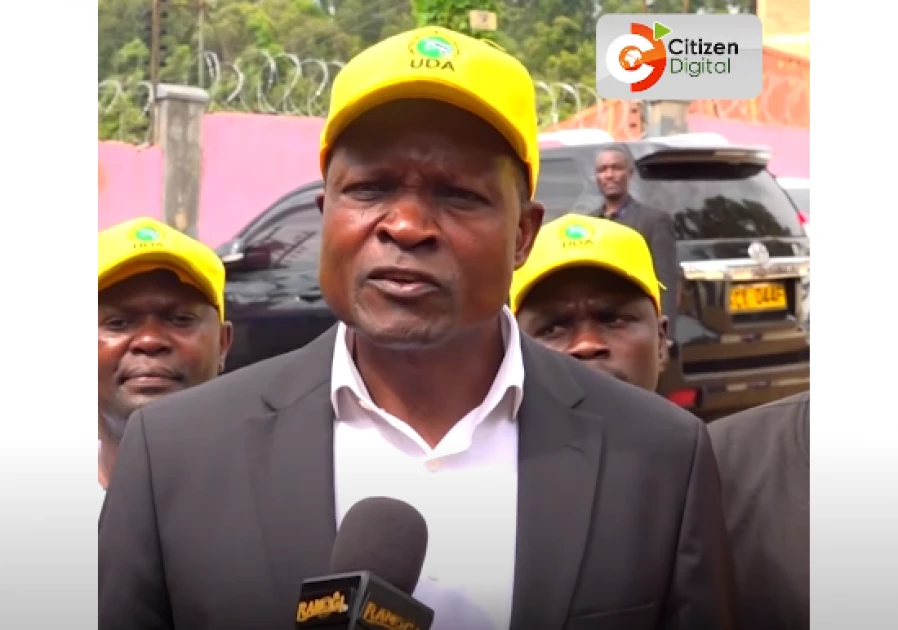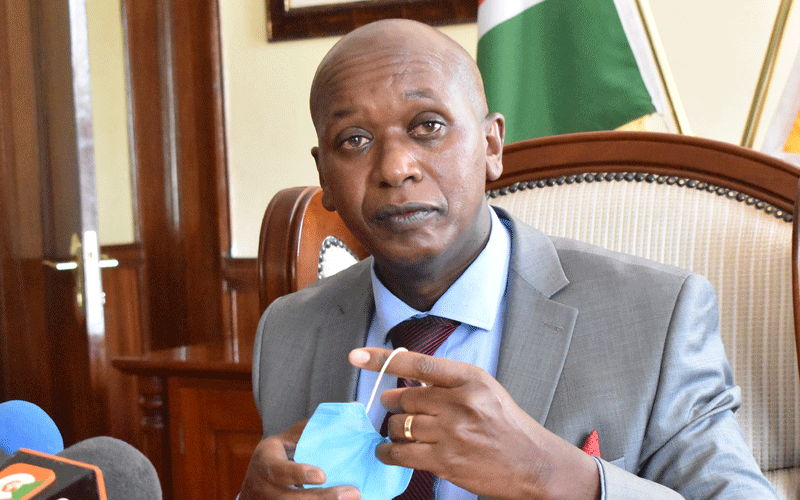The unfolding drama underscores the unpredictability of Raila’s career, marked by alliances forged and broken, rebellions from within, and dramatic comebacks. Whether his latest volte-face signals genuine intent to challenge Ruto or merely another tactical feint, it sets the stage for a bruising contest over the soul of the opposition
To unlock the full article:
Choose one of the options below:
- Ksh 10 – This article only
- Ksh 300 – Monthly subscription
- Ksh 2340 – Yearly subscription (10% off)
By TWV Political Desk
Orange Democratic Movement (ODM) leader Raila Odinga’s declaration on Monday, 22 September, that his party could field a presidential candidate in the 2027 elections has plunged the political arena into confusion, barely two years before the contest in which President William Ruto will be seeking re-election.
Until now, it had been widely expected that Raila and ODM would rally behind Ruto, following last June’s agreement to form a broad-based government in the wake of Gen Z protests against punitive taxes, youth unemployment, the high cost of living, and poor governance, issues Raila himself had alluded to in recent months.
Speaking at an ODM parliamentary group meeting in Machakos County, ahead of the party’s 20th anniversary celebrations next month, Raila appeared to backtrack: “Look at what we have signed; we must remain as ODM. We signed and agreed that we will work together up to 2027. We have not passed any resolutions as a party to say how we are going into the elections of 2027.
So, wherever you are, don’t commit the party to things which have not been discussed. Let those things be discussed first. We are ODM. Who has told you that ODM will not have a candidate in 2027? Who has told you?”
In March, ODM and Ruto’s United Democratic Alliance (UDA) signed a Memorandum of Understanding (MoU) outlining a 10-point agenda focused on national unity, governance reforms, and implementation of the National Dialogue Committee (NADCO) report, which emphasises inclusivity, devolution, and anti-corruption measures.
Several of Raila’s close allies now hold senior government positions, including in Cabinet: John Mbadi (National Treasury and Planning), Opiyo Wandayi (Energy and Petroleum), Hassan Joho (Mining and Marine Affairs), and Wycliffe Oparanya (Co-operatives and MSMEs Development). Critics argue that this proximity to the Kenya Kwanza administration could undermine any attempt by Raila to oppose Ruto in 2027, as he will inevitably be associated with its shortcomings.
Political analyst Steve Biko drew parallels with Raila’s 2018 “handshake” with former President Uhuru Kenyatta, which preceded his narrow loss to Ruto in 2022. “Since 1997, Raila has often preferred to strike backroom deals with the ruling elite, at the expense of his democratic credentials. In 2002, he betrayed Simeon Nyachae to back Mwai Kibaki, hoping for a Prime Minister slot. His betrayal of the Gen Zs after their revolt last year will only make matters worse if he decides to run or back a candidate in 2027,” Biko told The Weekly Vision.
Raila also faces opposition within his own party over his working relationship with Ruto. ODM Secretary-General and Nairobi Senator Edwin Sifuna notably skipped the Machakos meeting, having been vocal against the broad-based government. His stance has sparked whispers among Raila’s allies about replacing him.
Saboti MP Caleb Amisi, who, along with Sifuna and others like Githunguri MP Gathoni Wamuchomba, has hinted at forming an alternative political vehicle, welcomed Raila’s change of tune: “I told UDA guys, don’t be so sure with Baba. Baba will go where Kenyans will be, and most Kenyans want William Ruto out of office like yesterday,” Amisi posted on X.
Last month, Kisumu Governor Anyang’’ Nyong’o, a long-time ally of Raila, gave the clearest indication yet that ODM intends to field a presidential candidate: “As of now, that is the position. Because it’s a party, an independent party, it has the right to field a candidate,” Nyong’o said in an interview on 12 August.
Raila must also navigate the broader opposition landscape, where efforts are underway to field a single candidate against Ruto. However, pundits caution that personal ambitions could derail unity, particularly after former Deputy President Rigathi Gachagua declared his intention to vie for the presidency.
Should figures like Kalonzo Musyoka or other opposition heavyweights switch sides, the resulting fallout could end up benefiting either Raila or Ruto.
Raila’s latest remarks highlight the fluid and unpredictable nature of Kenyan politics, raising doubts about ODM’s 2027 strategy. While some see his wavering as political posturing, others argue it reflects deep divisions within the opposition and uncertainty over his role in the next electoral contest.
For now, the question lingers: will Raila back Ruto, field his own candidate, or yet again strike a last-minute deal?
[/full]




